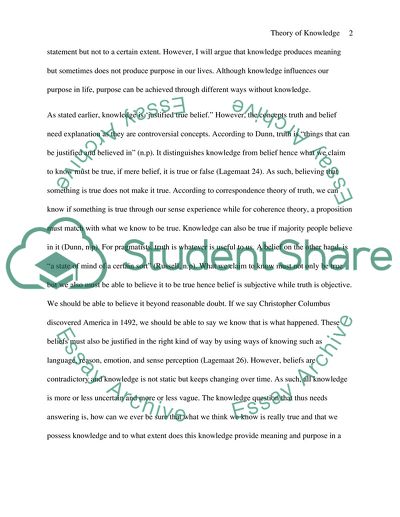Cite this document
(“Contemporary Theories Of Knowledge Research Paper”, n.d.)
Contemporary Theories Of Knowledge Research Paper. Retrieved from https://studentshare.org/education/1857070-theory-of-knowledge-paper-ib-program
Contemporary Theories Of Knowledge Research Paper. Retrieved from https://studentshare.org/education/1857070-theory-of-knowledge-paper-ib-program
(Contemporary Theories Of Knowledge Research Paper)
Contemporary Theories Of Knowledge Research Paper. https://studentshare.org/education/1857070-theory-of-knowledge-paper-ib-program.
Contemporary Theories Of Knowledge Research Paper. https://studentshare.org/education/1857070-theory-of-knowledge-paper-ib-program.
“Contemporary Theories Of Knowledge Research Paper”, n.d. https://studentshare.org/education/1857070-theory-of-knowledge-paper-ib-program.


